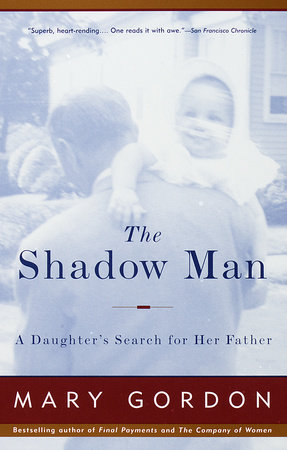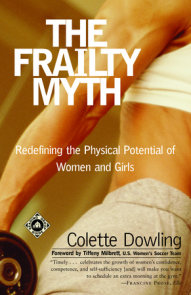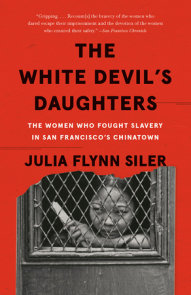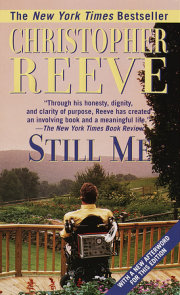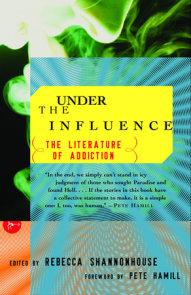READERS GUIDE
Every memoir is particular to the writer’s life experience; after reading more than one memoir, however, we frequently find ourselves confronted with the same questions. The questions, discussion topics, and biographies, that follow are intended to enhance your reading and discussion of Mary Gordon’s The Shadow Man. This book tells a unique story, but touches upon similar themes common to the writing of all memoirs.Introduction
"My father died when I was seven years old. I’ve always thought that was the most important thing anyone could know about me," writes Mary Gordon, and for many years the beloved, romantic image of her father continued to define her life. But who was David Gordon, really? His daughter remembers him as a dashing figure, a brilliant journalist and scholar. But at midlife, by now herself a writer and scholar, Mary Gordon began to question these memories and go in search of "the shadow man" whose reality had always haunted and eluded her. This memoir, searing, passionate, and original, recounts the startling discoveries she made and gives new insights into the dark side of one immigrant’s encounter with the American Dream.Questions and Topics for Discussion
1. Why did the adult Mary continue to feel that her father’s death was the single most significant part of her life? Do you think this is a common feeling in people who have lost a parent early?
2. Mary Gordon remembers her father as handsome, "but when I look now at pictures of him," she says, "he doesn’t look at all handsome" [p. xv]. The Shadow Man proves that memory, certainly childhood memory, is subjective and inaccurate, an unreliable guide to the past. What other examples does the book offer of faulty memory? Why could memory be stable or unreliable? Gordon says that memory is composed of "invention and interpretation" [p. 38]. Do you agree with that statement?
3. What does Gordon mean when she says that her father–surely an unusual individual–was "a man of his place and time" [p. xxiii]? She calls The Shadow Man "a book about America" [p. xxiii]. What does she mean by this? What does the memoir say about America and the immigrant experience?
4. Gordon asks: "Does the fact that he is, by every standard, a failure, relieve me of the responsibility of exposing him?" [p. 95] Do you agree with Gordon that she had a "responsibility to expose him?"
5. "Why is it that I was undisturbed by the news that my father lied about a sister and a wife but am shaken that he lied about his place of birth? And particularly, that he first spoke another language?" [p. 117] Why does Gordon find it easy to accept some of her father’s lies, difficult to confront others?
6. "My desire, my need, to punish my mother is very great. I am conscious of no need to punish my father" [p. 220]. Can you explain Gordon’s hostility toward her mother? What does she see her mother as standing for? Why does she feel she has no need to punish her father?
7. When Gordon considers wearing a mantilla at her father’s disinterment, a friend says, "I guess it’s the closest you can come to a bridal veil" [p. 266]. Do you believe that there are sexual overtones in Mary Gordon’s feelings for her father? How else, and where else, are they expressed?









